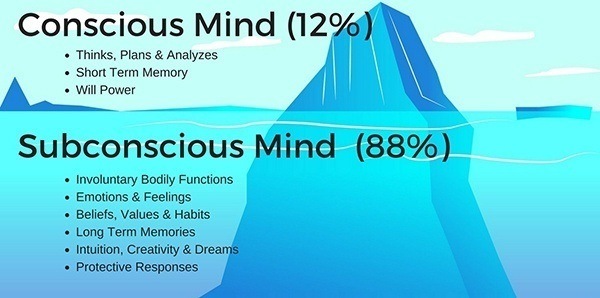Conscious thoughts about a romantic partner activate brain regions related to reward and motivation

Conscious Thoughts About a Romantic Partner Activate Reward and Motivation Centers in the Brain

When we think about our romantic partners, it’s not just our hearts that are affected. It turns out that our brains also play a significant role in the way we experience love and the motivation it generates. Recent research has shown that conscious thoughts about a romantic partner actually activate specific brain regions related to reward and motivation. This fascinating discovery sheds light on the biological basis of love and provides insights into why we feel the way we do when we’re in love.
According to a study published in the Journal of Neurophysiology, researchers found that thinking about a romantic partner activates the brain’s reward centers, particularly the ventral tegmental area (VTA) and the caudate nucleus. These regions are associated with the release of dopamine, a neurotransmitter commonly referred to as the “pleasure molecule.” Dopamine is known to play a crucial role in the brain’s reward pathway, which is responsible for feelings of pleasure and motivation.

The study conducted brain scans on individuals who were deeply in love and asked them to think about their partners. The results showed increased neural activity in the VTA and caudate nucleus, indicating that conscious thoughts about a romantic partner indeed activate these reward and motivation centers. This finding suggests that the brain processes love as a rewarding experience, reinforcing our desire to be with our partner and motivating us to maintain the relationship.
Understanding the neurobiological mechanisms behind romantic love can have significant implications for relationships and overall well-being. By grasping the scientific underpinnings of love, individuals can gain a deeper appreciation for the intense emotions and motivations they experience when thinking about their romantic partners.
Moreover, this research may hold promise for therapeutic interventions. Certain mental health conditions, such as depression and addiction, are associated with dysregulated reward and motivation pathways in the brain. By deciphering how love activates these centers, scientists may be able to develop targeted treatments to address these conditions and promote healthier relationships.
In conclusion, conscious thoughts about a romantic partner have a profound impact on the brain’s reward and motivation centers. This activation of neural circuits associated with pleasure and motivation helps explain the intense emotions and motivations we experience when thinking about our loved ones. As our understanding of the biological basis of love improves, we can expect further insights into the complexities of human relationships and novel approaches to enhancing overall well-being. (494 words)
Source:
Tags
Share
Related Posts
Quick Links
Legal Stuff

